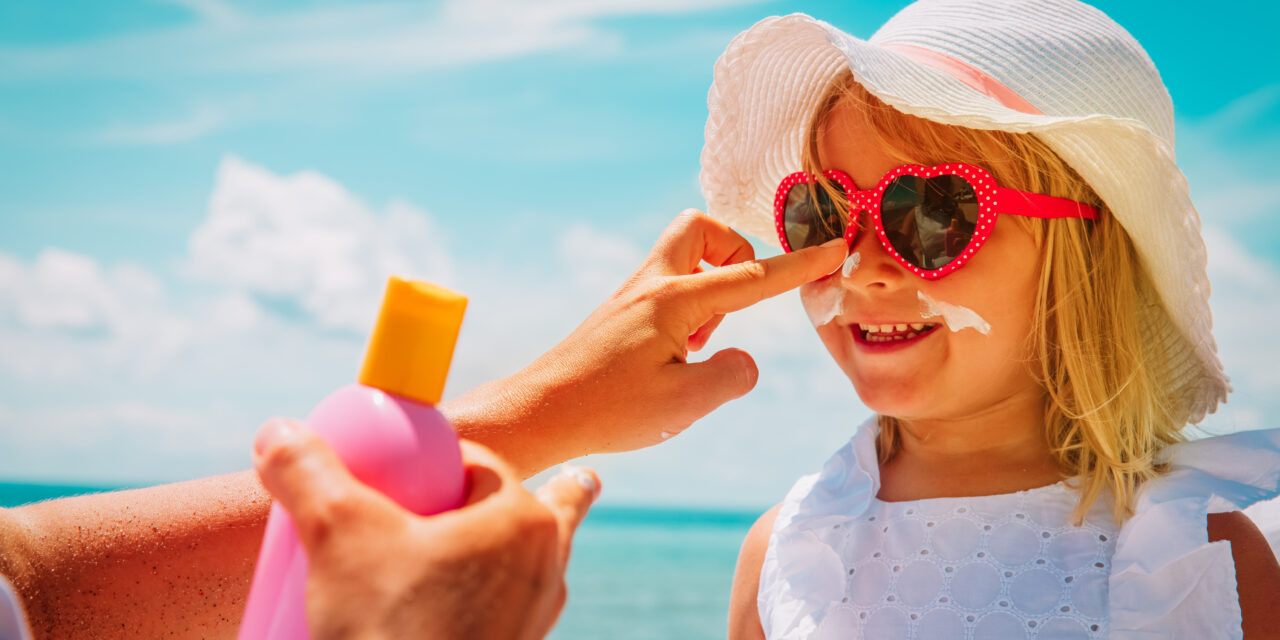In the past, summertime was all about running through sprinklers, playing outside until it was too dark to see, and drinking from the hose. Nowadays, parents are more cautious about summertime dangers like heat exhaustion and dehydration.
We certainly don’t want to stop our kids from having their summer fun, so here are a few tips to keep them safe and healthy in the summer heat.
1. Staying hydrated is key
Ladybug Waterbottle Craft Kit
$10.99 on Amazon
Hydration is one of the most important factors in keeping kids and grownups from getting heat sickness. Dehydration can cause symptoms like headache, dizziness, and fatigue. It can also lead to more serious problems like heat stroke.
How much water does your child need to drink?
It depends on their age, activity level, and the temperature outside.
A good rule of thumb is to have them drink about 1 cup (8 ounces) of water every 20 minutes when they’re outside playing. On really hot days, they may need more. If your child is swimming, they’re also losing water through sweat even if they don’t feel thirsty. Make sure they take regular breaks to have some water — even just a sip.
A good way to tell if they’re dehydrated is by checking their urine. If it’s clear or light-colored, they’re probably well-hydrated. If it’s dark yellow or orange, they need to drink more fluids.
Use sunscreen and wear protective clothing
Thinksport Sunscreen for Kids
$19.29 on Amazon
Your child should use a sunscreen with an SPF of at least 15, and even higher if they’re going to spend a lot of time outside. Apply it 15-30 minutes before they go outside, and don’t forget to reapply every two hours, or more often if they’re swimming or sweating excessively.
In addition to sunscreen, have your child wear protective clothing such as a wide-brimmed hat, sunglasses, and breathable long pants and sleeves if possible. This will help protect them from the sun’s harmful rays.
Know the warning signs of heat-related illness
If you know the warning signs of heat-related illness, you can take action quickly if your child starts to feel sick. Symptoms of heat sickness include headache, nausea, vomiting, dizziness, and muscle cramps. If your child has any of these symptoms, move them to a cooler place and have them drink fluids.
How long is too long in the heat?
Finally, it’s important to know how long is too long in the summer heat. This depends on the temperature and your child’s age, but as a general rule, young children should not be outside for more than 30 minutes when it’s over 90 degrees Fahrenheit.
Older children can usually handle more time in the heat, but it’s still important to take breaks in a cool place and drink plenty of fluids.


















